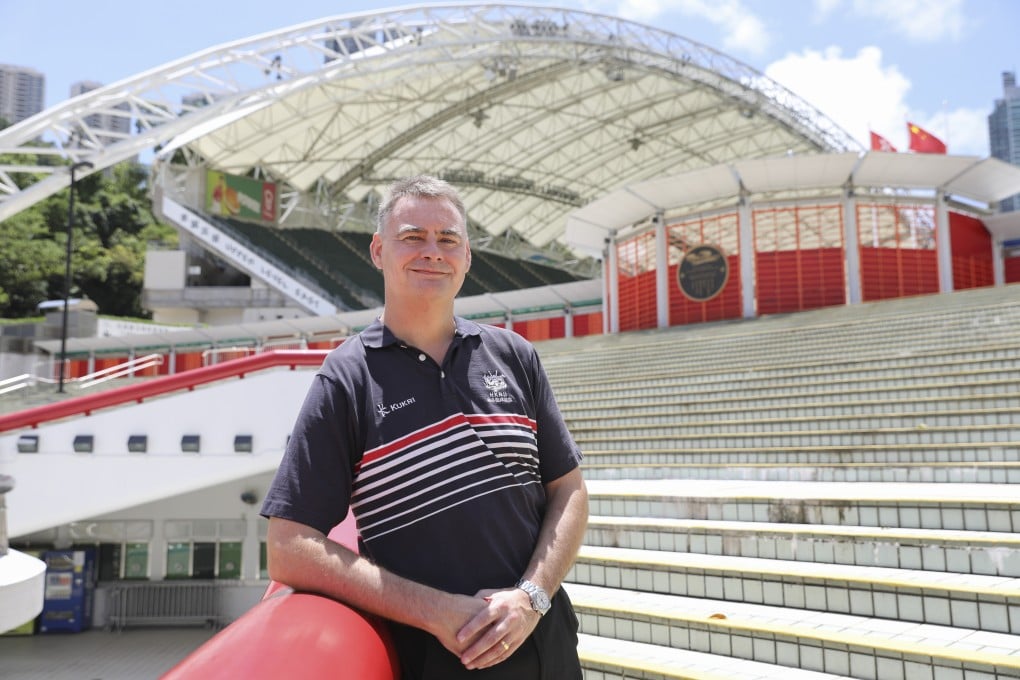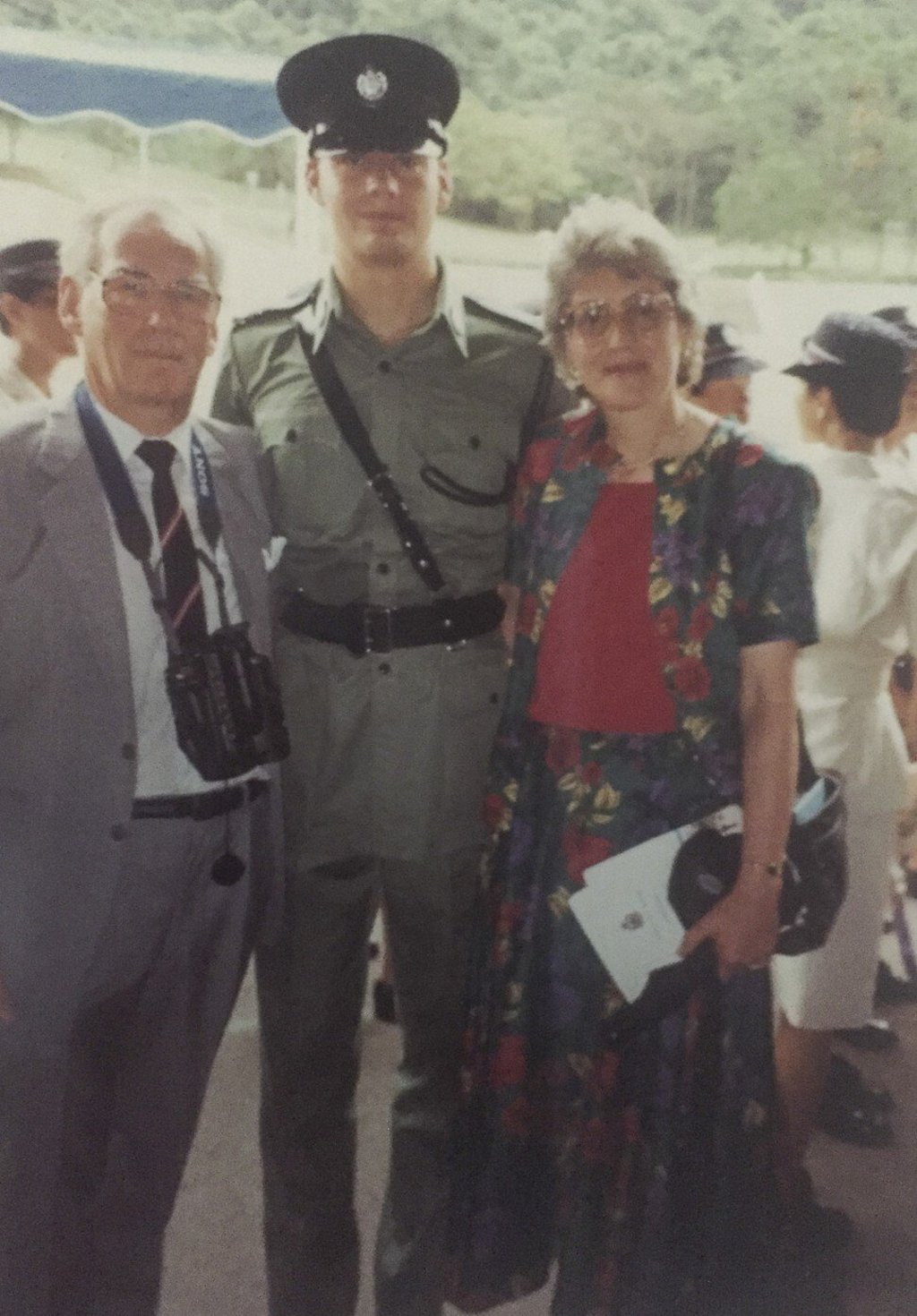Hong Kong Rugby Union CEO on his only arrest as a police officer and the challenges of Covid-19
- After reading history at Oxford University, Robbie McRobbie followed in his brother’s footsteps, becoming a policeman in Hong Kong
- After admitting that he ‘wasn’t a very good police officer’, he realised that organising events was what he wanted to do

Proud Scot: My father is a Scottish doctor from Wick, in Caithness, in the far north of Scotland. My mother was an English nurse. They met at the Royal Infirmary of Edinburgh. I’m the youngest of three boys. The eldest was born in Scotland, but my middle brother and I were born in England.
My dad was working as a doctor for British Rail and we lived in Harrogate, in Yorkshire – and that’s where I was born in 1971. My middle brother and I were jealous of the elder one who was born in Scotland. I pride myself on being a Scot. We returned to Scotland when I was four and lived in Gullane, 20 miles east of Edinburgh. It’s a lovely village on the sea. Everyone knew everyone and after school we went out on our bikes and played until it got dark.
Social skills: I went to the local primary school and for secondary school I went to the Edinburgh Academy. I did a lot of drama at school, played sport and organised school events. When I went to university, I thought I might go into acting, or journalism, because I loved writing. I went to St Edmund Hall, Oxford University, and studied history. I became the student social secretary. I enjoyed organising events, so I didn’t pursue acting.
My middle brother, Andy, had joined the police in Hong Kong, so as graduation approached I went through the interview process for the Hong Kong Police, at Grafton Street in London, and was accepted.

Going someplace else: I arrived in Hong Kong on August 20, 1992, and spent the first nine months at the Police Training School in Wong Chuk Hang. The worst part was that Andy was the physical training instructor for the new recruits, so I had to call him “sir” and salute him. After that initial difficult period, Andy and I grew close.